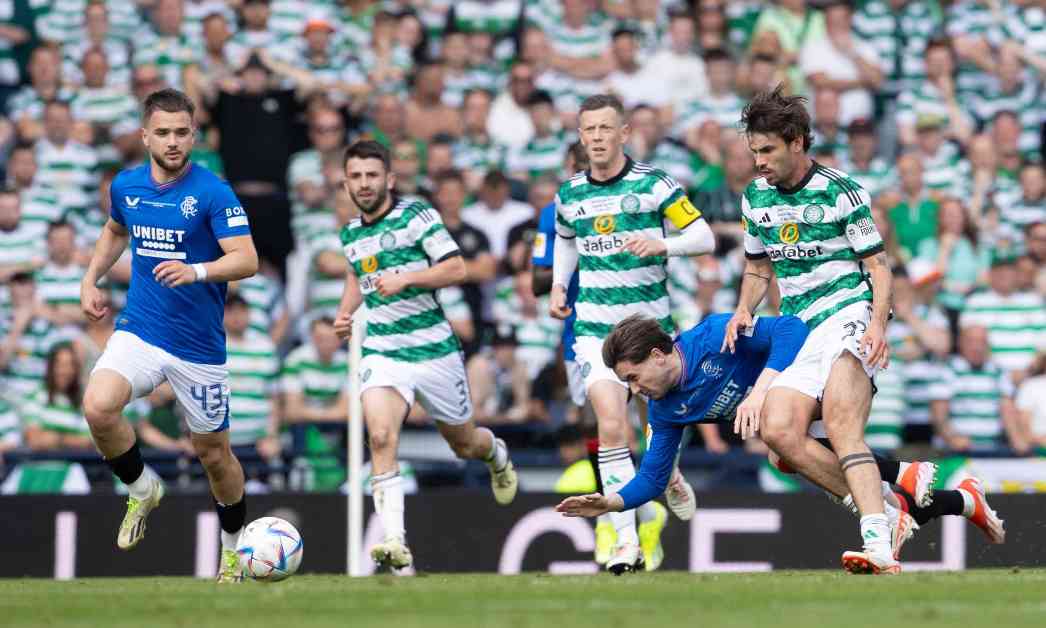Exploring the Factors Behind Celtic’s Decline in Profits
The recent £22.9 million drop in profits at Celtic has raised eyebrows, especially considering the club’s successes in the Scottish Premiership and Scottish Cup, as well as increased participation fees from the UEFA Champions League. This significant decrease in profits can be attributed to several key factors that have impacted the club’s financial performance.
Inflationary Pressures and Rising Operating Expenses
One of the major contributors to Celtic’s decline in profits is the inflationary pressures affecting the club’s operating expenses. The substantial increase in costs for the club during the financial year ending June 30 was driven by higher salaries for the playing squad and the broader UK inflationary environment affecting overheads. These rising expenses have put a strain on Celtic’s financial health, despite its on-field achievements.
Additionally, Celtic has highlighted the challenges posed by the disparity in domestic media rights compared to competitor markets. The club has struggled to keep pace with the media rights environment, which has impacted its ability to generate revenue and maintain profitability. This long-standing issue has been a significant hurdle for Scottish clubs, including Celtic, for many years.
Impact of Non-Recurring Income and Player Transfers
A key factor contributing to the drop in profits for Celtic was the absence of £13.5 million in non-recurring “other income.” This income, received in the previous financial year, included compensation following the departure of former manager Ange Postecoglou and a business interruption insurance recovery related to Covid-19. These one-off sources of income significantly boosted profits in the prior year, leading to a sharp decline when they were not present in the latest financial report.
Furthermore, Celtic experienced a decrease in profits from player transfers in the year ending June 30, 2024, compared to the previous 12 months. The profit on disposal of intangible assets, detailing the financial impact of player transfers, fell by £7.804 million between the two financial years. This decline in transfer profits had a direct impact on Celtic’s overall profitability.
Investments in Player Registrations and Financial Strategy
Despite the challenges faced by Celtic in terms of declining profits, the club has made significant investments in player registrations over the past few years. Chairman Peter Lawwell emphasized the club’s commitment to developing a high-value squad, with a total spend of £68 million on player registrations over three financial years leading up to June 30, 2024. Additionally, Celtic continued to invest in player registrations, totaling £31.2 million during the summer transfer window in 2024.
Lawwell reaffirmed Celtic’s financial strategy of maintaining a self-sustaining model while targeting Champions League qualification and nurturing young talent. The club’s focus on sustainable growth and player development remains a core pillar of its long-term success strategy. Despite the financial challenges, Celtic remains dedicated to achieving success on and off the field.
In conclusion, the decline in profits at Celtic can be attributed to a combination of factors, including inflationary pressures, non-recurring income, and reduced profits from player transfers. The club’s ongoing investments in player registrations and commitment to its financial strategy reflect its resilience in the face of financial challenges. As Celtic navigates the complex landscape of modern football economics, maintaining a balance between financial sustainability and on-field success will be crucial for its future growth and prosperity.
































